Lauren Christine Mims is a former assistant director of the White House Initiative on Educational Excellence for African Americans and a Ph.D. candidate in Educational Psychology at the University of Virginia. She’s also one of the many women inspired by Michelle Obama’s Becoming, a New York Times best-selling book that sold more than 1.4 million copies within the first seven days of its release. Now, Mims is turning Obama’s book into a curriculum for black girls to further their learning and development.
“Reading Becoming was like sitting on the couch with your best friend and having one of those soulful conversations about life,” said Mims.
“Reading about how Michelle Obama felt unchallenged in elementary school, teased for the way she spoke, and noticed a difference in how she was perceived during adolescence was affirming.”
Mims hopes the Becoming curriculum will make space for black girls to thrive in a world that often seems to try and deny their humanity. As part of her doctoral research at the University of Virginia, Mims explores what it means to be a young, gifted, black girl in school.
“I disrupt the traditional practice of talking about black girls in pejorative ways and center them and their unique experiences to study how we can support them. For example, my research highlights what ‘Black Girl Magic’ means to black girls; the role teachers play in supporting or stopping the success of black girls; and more about what they are learning and how it makes them feel.”
“If you follow Jada Pinkett Smith, Adrienne Norris, and Willow Smith, think about my interviews as Red Table Talks where black girls are supported in discussing challenges and designing solutions.”
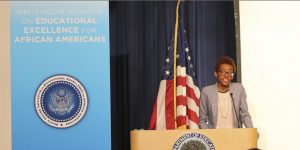
As part of the curriculum, students read Becoming, and watch films featuring black girls in leading roles. Additionally, “we will have important conversations, like about what it means to feel like your presence is a threat or that you do not belong. We will discuss Maddie Whitsett and McKenzie Nicole Adams; two 9-year-old black girls who died by suicide after being subjected to bullying. At the end of the course, students will apply their knowledge to draft new research proposals, policies, and practices,” says Mims.
Beyond the walls of the classroom, Mims says there are four things we can all do to support black girls:
- Create supportive, affirming, and loving environments by listening to their needs and centering their unique experiences of Becoming;
- Advocate for, adopt, and enforce school policies and accountability practices that recognize the brilliance of black girls and ensure they are not being pushed out of school.
- Address the bullying, harassment, and discrimination of black girls and ensure that all students have access to mental healthcare;
- Care for your own mental health and well-being.
Ultimately, Mims wants girls to know that they are enough. As Michelle Obama writes, “Becoming isn’t about arriving somewhere or achieving a certain aim,” yet there is so much pressure in college to define your identity and pick a career path. It can take a toll on you. Know that you are brilliant and never “underestimate the importance you can have because history has shown us that courage can be contagious and hope can take on a life of its own.”
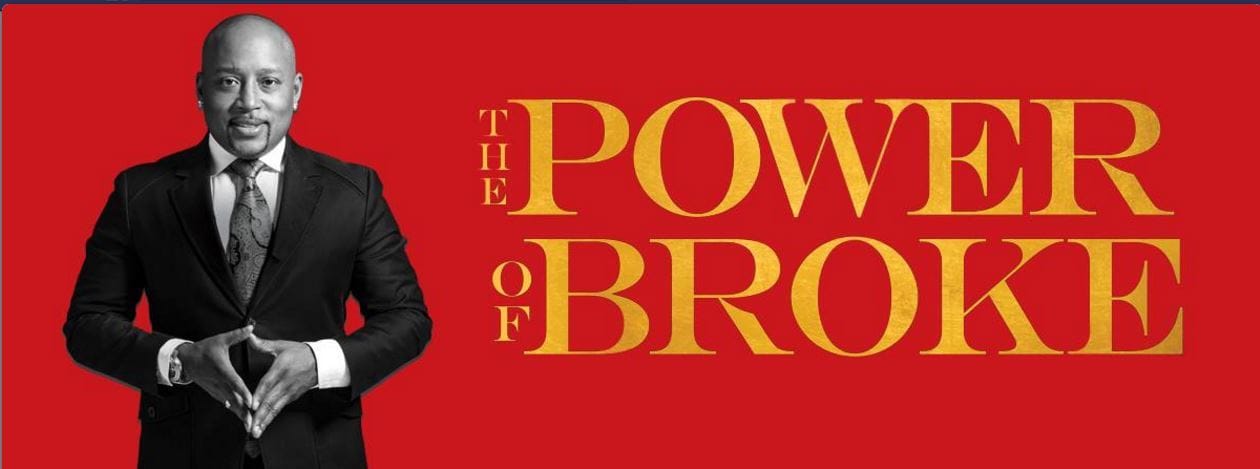
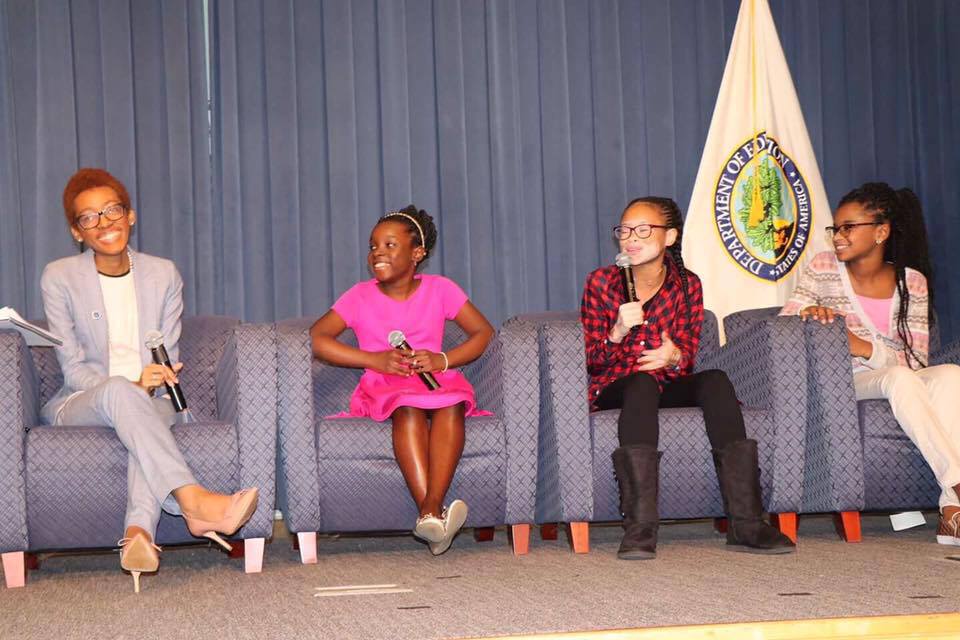
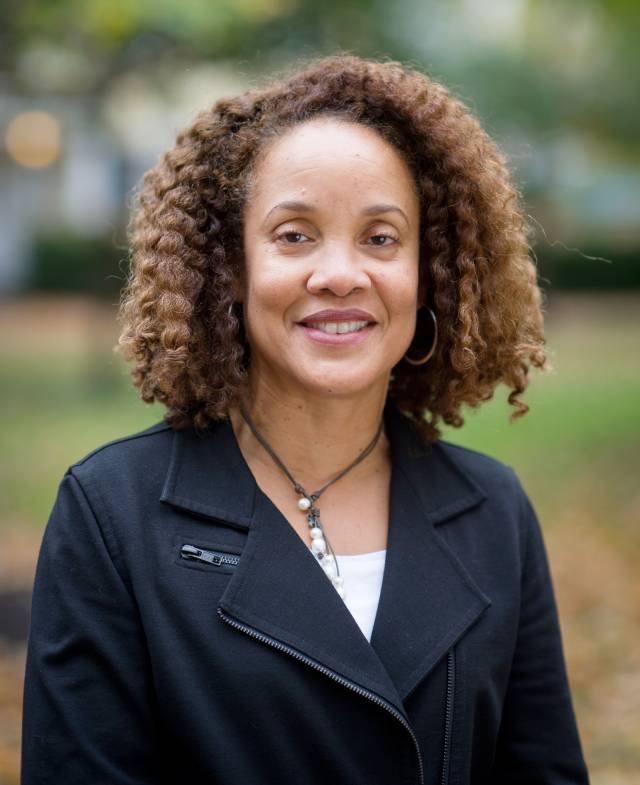
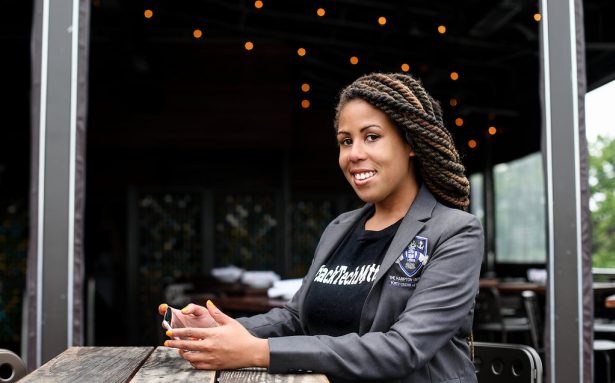
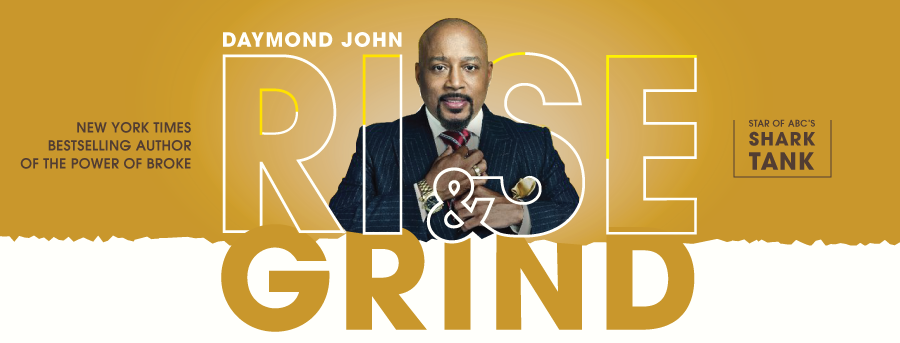






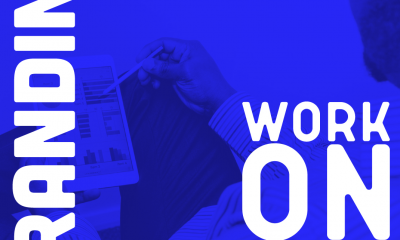



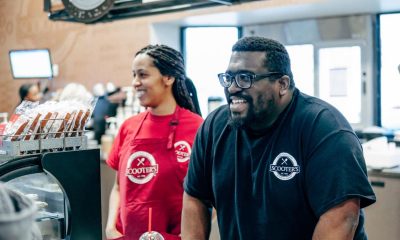








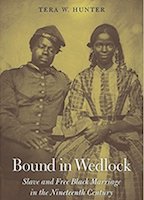 Professor Hunter was honored for her book
Professor Hunter was honored for her book 






